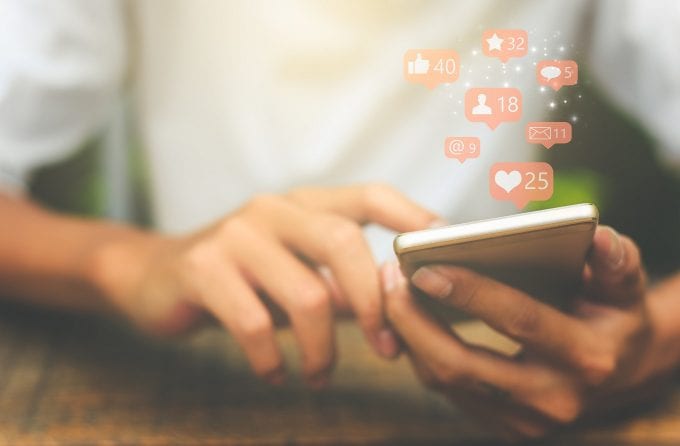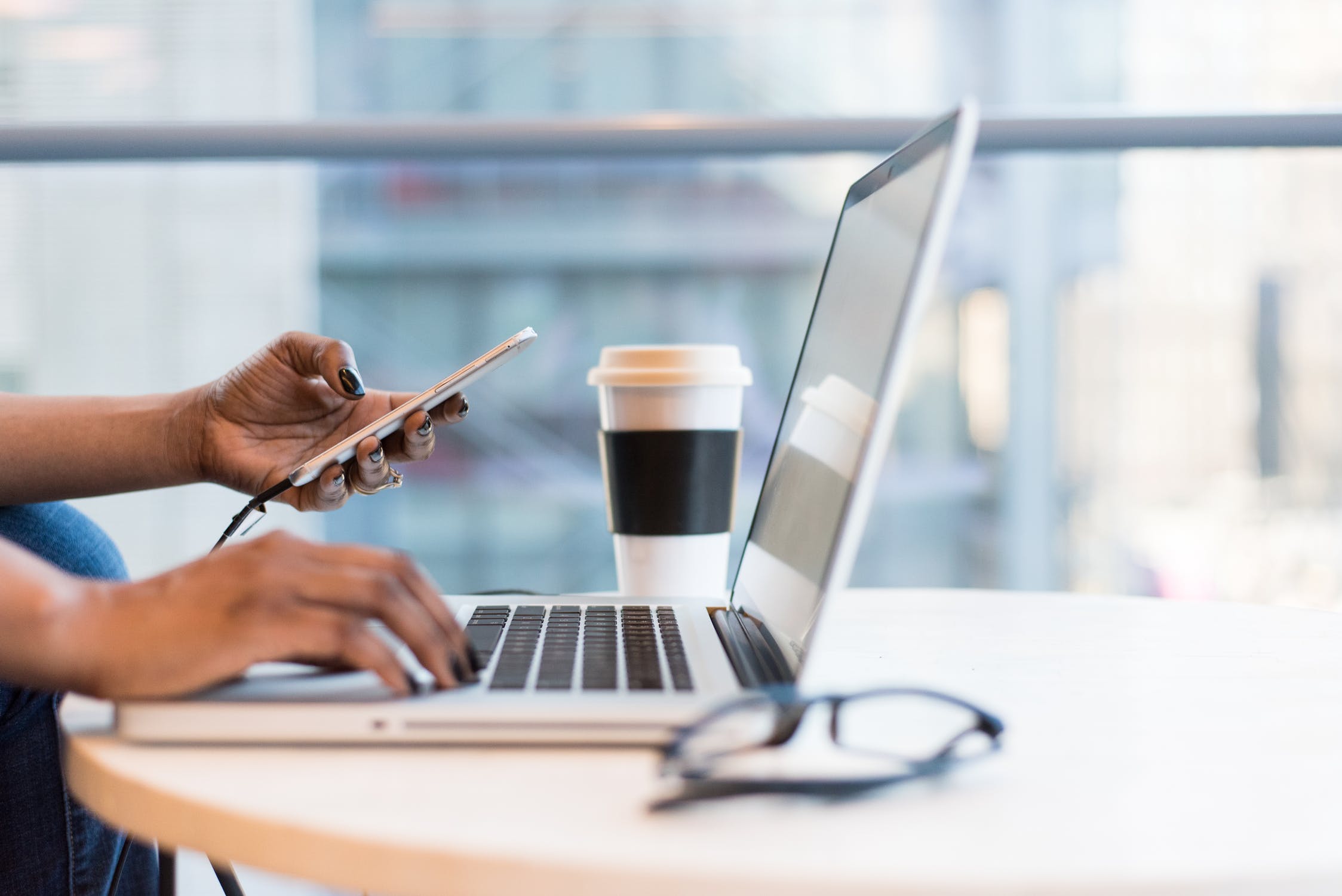The involvement of social media in our lives has grown dramatically over the past two decades. What came out as a socialization-over-the-internet concept has now evolved into a multi-billion dollar industry focusing on enhancing human interactions, facilitating businesses, and playing a significant part in influencing situations worldwide.
Although there is so much good associated with social media platforms, you cannot ignore the potential troubles you can get into with your data being exposed, tracked, and monitored online. This data is then used for several purposes like selling it to marketing agencies for targeted campaigns, using it for analyzing consumer behavior at a large scale by big companies.
At worst, if your data isn’t protected, it can be stolen and tempered by identity thieves, hackers, and cybercriminals. The good news is that without leaving your fun time with social media sites, you can still minimize the risk of getting your personal information into the wrong hands by adapting some simple yet powerful practices:
1. Use VPNs to Protect Your Personal Data Online

We spend a significant portion of the day using the internet for business, socialization, or entertainment. Knowing the dangers of public Wi-Fi networks, we often unintentionally end up using it to check our social news feeds on our laptops and phones while waiting for a client meeting in a coffee shop.
Virtual Private Networks, abbreviated as “VPNs” in this regard, are the most popular tools to address security issues over the internet. The VPNs add an encryption layer to your online data, making your IP address anonymous and your data unreadable by third-party websites.
This way, your browsing history, saved login passwords, and overall online activities remain private over the internet from your ISPs, hackers, and prying eyes hungry for your data. Moreover, VPNs route your internet traffic through their secure servers to your desired website.
You can sign up with premium VPNs to boost your privacy, but since many jump on the “free” bandwagon, here are the best free Windows VPNs by VPNRanks. These tend to be less risky and protect your social logins and other important data when surfing on public networks.
This whole process makes your online data more secure. Hence your social logins and other important credentials remain safe while surfing the internet.
2. Set Boundaries with Social Media Sharing
It is always a wise decision to set some off-limits to what you will be putting out there in your social media feeds. There are individual bits of your personal information that you should always avoid sharing publicly on your profile, like pictures of your loved ones, your weekend getaways, or current locations.
For instance, if you are in a not so safe area, or your home is located at a place where the security conditions are not very good, posting about your current location can tell strangers that you are away from home. This can put you or your whereabouts at risk without you even knowing it.
Therefore, always customize your posts’ privacy settings while posting anything online to limit its access to your close friends/family members only. Never set your posts to “public,” as cyberstalkers may make life a living hell for you!
3. Avoid Logging Into Websites with Your Social Accounts

While navigating different webpages, many times, we are asked to sign-up for more details. We are also given social login options for convenience like “log in with Google, Facebook etc.” In such situations, we often go with the more comfortable options to avoid the hustle of creating a new account and end up using our same social media account for multiple website logins.
When you use social logins to enter third party websites, the OAuth standard authentication protocol transfers information from your social network to the relevant website or app, which then identifies you as the user and grants you access to its content or service.
The transferred information may include your log in details, password, user’s behavior tracking data, and more. Later, this can be used by the same website for targeted advertising and, if by chance the website gets hacked, your critical personal data, including your login details, comes at the mercy of the hackers.
4. Be Cautious of Clever Clickbait Traps
The clickbait trap can be in any form; an application that offers a face transformation into some cartoon character, random fun quizzes that come in your social media newsfeed, or an enticing headline that may lead you to some malicious website.
Therefore while navigating your Facebook and other social media newsfeed, be careful what you click on. Such apps and quizzes often do not put your security at significant risks and track your data for marketing campaigns, but that doesn’t mean you shouldn’t be cautious!
5. Create Strong and Unique Passwords

It may be tempting to use the same password for multiple IDs including your Gmail, Facebook, LinkedIn, and bank accounts, due to its convenience. Similarly, using common guessable elements in your passwords like birthdays, special years, teacher names, and pet names are easy to remember.
However, with new smart hacking methods emerging, the above practices put you at risk. Hence, to avoid getting all your accounts hacked at once, always opt for unique and strong passwords that combine several upper and lowercase letters, special characters, and numbers.
6. Fill “About Me” Fields with Little Information
Social media sites like Facebook give you the option to share almost every tiniest detail about yourself in your profile, including your birthdays, high-school, recent check-ins, workplace, etc.
However, that doesn’t mean it is going to serve you in any better way. Always avoid sharing the exact personal details that can give stalkers and evil-will people a hint about where you live, how many children or siblings you have, and your online and offline activities.
7. Get Friendly with Using Privacy Settings

All social media sites give you various privacy options to set limits for granting the access of likes, share, and comments with your audience, be it the general public or with your friends. Instill in you the habit of using custom privacy settings while sharing anything online and stay mindful of who can see what.
8. Always Logout Once You’re Done
When working with an office desktop or in some internet café, make sure to log out from your social media accounts to avoid hacking or any invasion of your privacy later. Further, keep a check on your social accounts via your personal number or email.
So, if by chance someone else try to use your login on some other system, you get the instant notification and the option to change your login credentials instantly.
Wrapping Up
Social media is a great way to stay connected with your loved ones, no matter how far they live. Moreover, it gives you the chance to find and rejoice with like-minded people, stay updated, and have your voice heard on the social issues you care about.
Yet, this freedom comes at a price. You often pay the price with your data. To ensure that you don’t fall into the fraudulent traps of hackers and malicious websites with your data and your personal information, stay safe from being stolen and follow the tips above!








